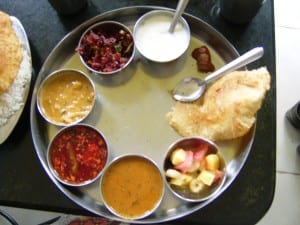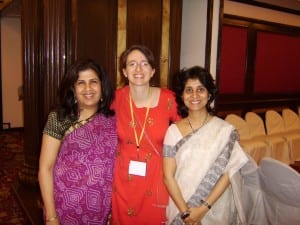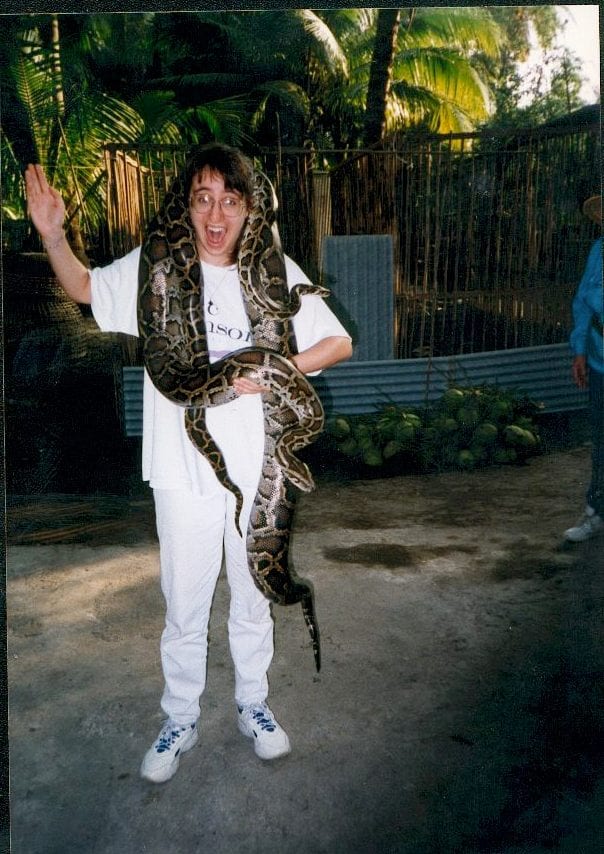 The other day I asked a client what search terms they used to find me on the Internet. He replied, “I put in ‘cultural intelligence.’”
The other day I asked a client what search terms they used to find me on the Internet. He replied, “I put in ‘cultural intelligence.’”
This was no surprise, as this phrase has gained popularity in the business world recently as an alternative to “cultural competence.” If you weren’t deemed culturally competent than the only alternative was incompetence! I’m not sure I agree, but that fear exists.
The phrase “cultural intelligence” also calls attention to the fact that there are multiple forms of intelligence. Consider Daniel Goleman’s model of Emotional Intelligence which focuses on the skills that drive leadership performance. Cultural intelligence is defined in organizational circles as the ability to recognize the impact of and adapt to differing cultural backgrounds for best results. Sounds good, right?
Yes, in my opinion. I like this definition. But I started to wonder if it wasn’t missing something. Can we really define cultural intelligence? How do we know if we have it?
This is a tricky question to answer, because for every method of definition exceptions exist in individuals. For example, a psychometric assessment called the Intercultural Development Inventory (IDI) can measure your placement along a continuum of intercultural capability. You get a score which places you anywhere from Denial (the lack of recognition of cultural differences) all the way up to Adaptation (the ability to not only recognize and appreciate cultural differences, but to shift and adapt behavior in an authentic way).
I am certified to administer the IDI, and I have had some participants place on the left side of the continuum (more toward Denial than Adaptation). While I find the IDI to be incredibly accurate, I take great care not to discount other aspects of those participants’ cultural intelligence, such as their desire to learn more about different cultures or their interest in the food of a particular country.
In addition, appearances about cultural intelligence can be deceiving. Studies show that language proficiency  and/or experience traveling or living abroad are not predictors of how someone will scientifically measure on a cultural intelligence assessment.
and/or experience traveling or living abroad are not predictors of how someone will scientifically measure on a cultural intelligence assessment.
I propose that we take on a “both/and” mentality rather than “either/or.” We can use both assessments and standard definitions of cultural intelligence, AND the more indefinable qualities of individuals to determine someone’s cultural capability.
Here are some things I look for:
- Does a person show an internal or intrinsic desire to travel, even if they never actually do?
- Does a person ask questions or show curiosity about a culture different from his or her own, even if they simultaneously complain about having to work with people from that culture?
- Does a person feel protective of their own culture? This is not always bad! That feeling of protectiveness could translate to empathy for another culture trying to protect its identity.
- Does a person enjoy hearing adventure or travel tales about a particular country? Even that is a sign that they can be a valuable asset to a global team.
- Once given the chance to vent frustrations about cultural differences in the workplace, does a person become more open to learning about their colleagues’ culture?
- Is a person willing to engage in fun, social intercultural activities if given the opportunity?
The bottom line: If you are a global team leader, your mission is to acknowledge the assets of different cultural styles and create value for the organization through those differences. But look carefully. Even someone who openly shows resistance to diversity still has something to offer. Recognizing that is a sure sign of cultural intelligence.
To learn more about the IDI, contact us at 770-936-9209.
Stay tuned for our adventures in India, starting next week!





That is an interesting way to look at cultural intelligent. It hasn’t occured to me that even someone who openly shows resistance to diversity still has something to offer.
Thanks, Peter. You are right, it is counter-intuitive to think about that resistance as being valuable, but I’ve noticed that sometimes that biggest advocates for successful cultural business are those whose voices were the loudest and most negative at the beginning of the process. Most of that just fear of change or the unknown. Once they get past that, I learn a lot from them!
Well, Vicki, you have certainly shed beautiful light on Cultural Intelligence. It seems to me you are using “Creative Cultural Intelligence” as a guide to assessment. I agree, that it is very important not to limit oneself and miss opportunities to view resistance as a learning process in making valuable contributions to an organization’s successful cultural business.
I like the term Creative Cultural Intelligence! That’s a great way to encapsulate the ideas here. I’ve learned a lot about resistance dealing with offshore teams and it’s usually empathy people need.